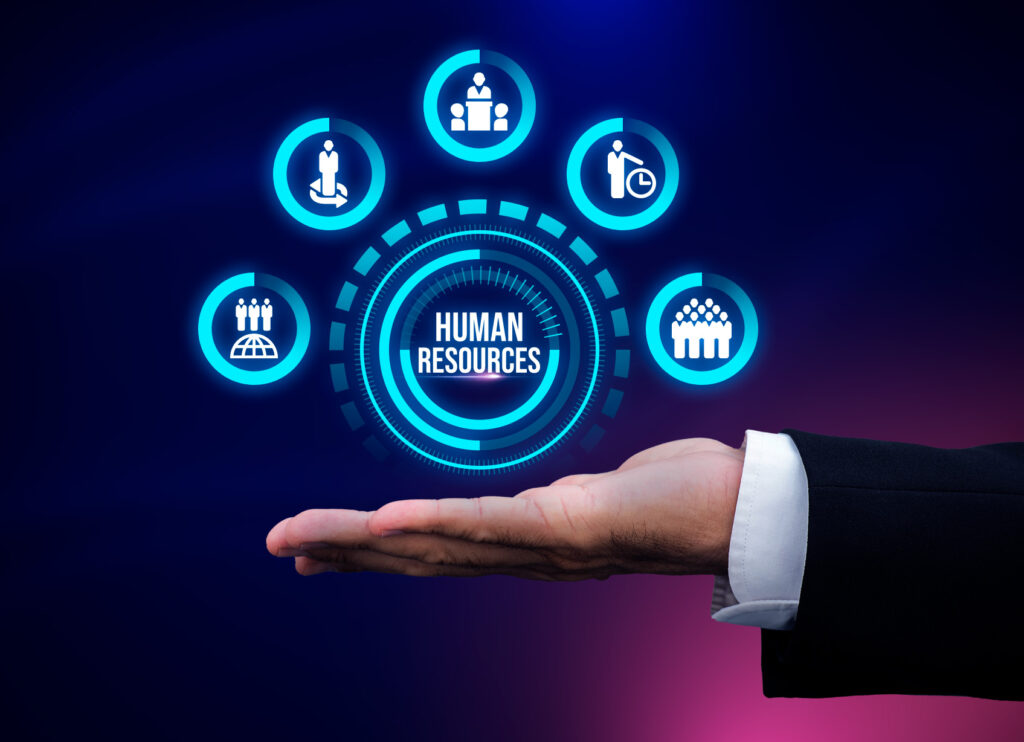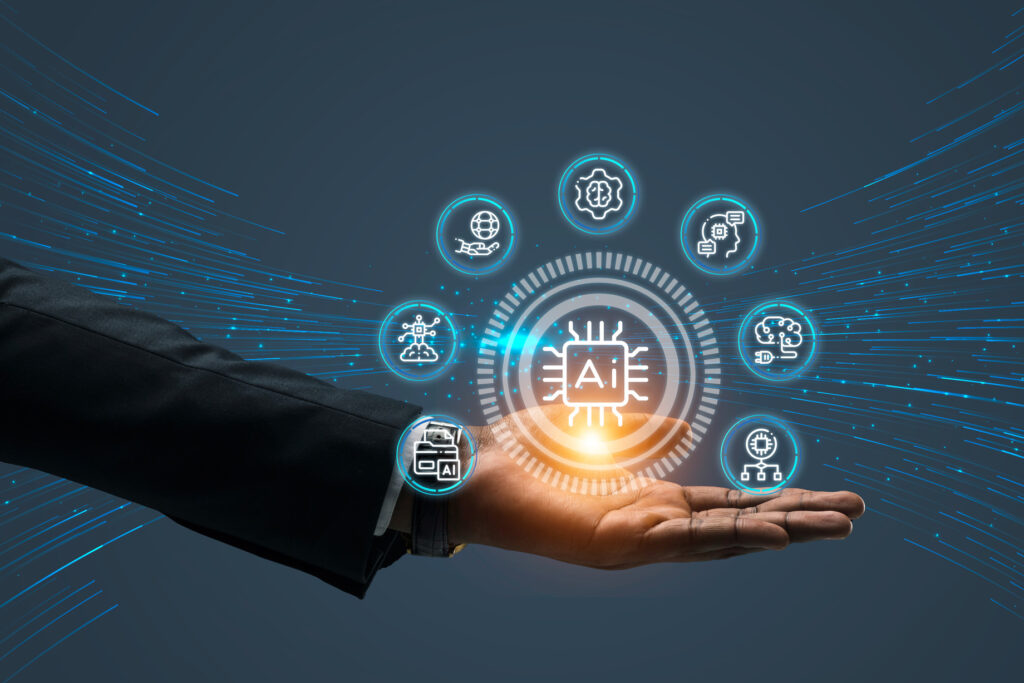
Recruitment automation: Role of AI in hiring, assessment and HR automation
Have you heard about Voice of the Employee (VoE) tools? It was one of Gartner’s three most common AI use cases in HR and recruiting, even in 2019. HR leaders use Voice of the Employee analytics to improve employee engagement, a key focus area to improve productivity and retention. Traditionally, organisations have relied on structured surveys to understand employee feedback and concerns. However, not every employee is comfortable sharing their input this way, even if it is anonymous. AI-powered VoE tools make it all seem so easy and seamless. They leverage Natural Language Processing (NLP) and other AI techniques to detect, analyse and report on employee attitudes and sentiments. They do this by analysing various employee communication channels to understand any discontent, pain points, etc.
Organisations use these insights to tweak their corporate culture, shape leadership strategies and make restructuring decisions. In many ways, AI is helping HR listen to the voices of employees, who may not otherwise openly express their feelings. When voices go unheard, it results in attrition. The VoE tools are just one example of how AI is empowering HR through people analytics.
The other two use cases mentioned by Gartner are talent acquisition and HR virtual assistants. From 2019 to 2024, we have seen how these Gartner insights have only gained more traction. Talent acquisition has adopted AI extensively, with immense benefits for all stakeholders. Affirming this trend is an insight from a recent Society for Human Resource Management (SHRM). It says one in four organisations plan to start using or increase their automation or AI use in recruitment and hiring over the next five years.

AI in modern HR and recruiting: A statistical perspective:
Let us glance at a few more findings from this SHRM study to understand how AI is shaping HR transformation. One finding says nearly one in four organisations use automation/AI to support HR-related activities.
And in which areas does HR implement AI/automation currently?
- Recruitment and hiring: 79%
- L&D: 41%
- Performance management: 38%
- Productivity monitoring: 18%
- Succession planning: 8%
- Promotion decisions: 4%
Clearly, hiring is the HR area where AI is making maximum inroads. However, no aspect of HR is untouched by AI except — the human touch!
Let us explore the role of AI in HR a bit more deeply. It will give us some insights into how AI is helping reshape hiring journeys by transforming assessments and interviews.
AI in hiring — Tools that drive efficiency
AI-powered tools are redefining hiring efficiencies across all stages of hiring. 85% of SHRM survey respondents agreed it saves time and improves efficiency. At the hiring onset, AI is helping recruiters generate better job descriptions that attract the right talent pool. The multitude of resumes that recruiters have to screen to find candidates for successive rounds is a painstaking task. Integrating Applicant Tracking Systems (ATS) into websites can improve sourcing. Resume parsing tools plough through applications to identify suitable ones in a fraction of the time it would take for a human being. They highlight relevant keywords, work experience, and education to improve efficiency and outcomes. Automated scheduling helps eliminate communication lag, a significant pain point for most candidates.
When it comes to interviews, AI can improve efficiency by leaps and bounds. AI-powered video platforms can help conduct live and interactive interviews seamlessly. It also gathers many data points about the candidate based on their facial expressions, body movements, etc. These data points are analysed to provide valuable insights into the personality traits of the candidates. And if you opt for a credible interview platform like HirePro, you are assured of compliance, security and hiring integrity. The HirePro platform has built-in online proctoring features which can detect most forms of cheating that candidates indulge in during online interviews.
The AI efficiency story is depicted statistically below through a few insights from the SHRM study to bring home the point.
- 52% say they use AI automation for candidate searches.
- 64% say AI tools automatically filter out unqualified candidates.
- 38% say AI tools provide % matches or ranking for each applicant, etc.
- 44% say AI improves the ability to identify top candidates.
AI in assessment — Tailored assessments are the way forward
Assessments are a key part of the hiring process, even though the skills being assessed and the approach have changed considerably over time. Soft skills and personality assessments are now considered as important as technical skills to suit the demands of contemporary job roles. Also, resumes have become passe, and hiring focuses on tailored skill assessments that provide a holistic view of candidates’ competencies to ensure best fits. Insights from a recent HirePro report affirm that 85 per cent of job seekers lie in their resumes, while 56 per cent claim skills they barely know. No wonder recruiters have lost faith in resumes and have changed their tactics!
AI’s data-driven insights help recruiters make better hiring decisions objectively. Some of the added benefits are reduced bias in the hiring process and improved retention of the candidates chosen. 30 per cent of the SHRM survey respondents said AI tools improved their capability to reduce bias in hiring decisions. A recent HirePro report found a 78 per cent bias reduction in hiring when using tailored assessments. That candidate chosen through such assessments outperformed other candidates on the job was the icing on the cake!
AI in HR automation — Improved experiences
Customer experience (CX) is a major factor that drives business decisions these days. In hiring, this translates to candidate experience. Whether an applicant gets hired or not, a good hiring experience leaves a lasting impression. A seamless hiring experience that is fast, convenient, and aids candidates to showcase their skills effectively is a must. And it is AI that is a recruiter’s biggest ally in achieving this goal. AI even elevates onboarding experiences by making them paperless, speeding up the relevant checks, and rendering customised induction programs to make candidates feel welcome.
While hiring is one side of the story, HR has to craft positive employee experiences to ensure retention. This is where the Voice of the Employee tools mentioned earlier are bringing about a silent revolution! Also, according to Gartner insights, HR virtual assistants are now playing a key role in shaping employee engagement. This tool responds to employee queries 24*7, helping identify and measure talent metrics, and streamlining process workflows. These measures lead to improved and transparent performance management, customised L&D propositions, better career paths, and enhanced employee satisfaction and retention. Overall, these AI interventions aid better Employee Value Proposition (EVP) and branding, making the job of recruiters a tad easier.
Is everything rosy?
So, is everything genuinely so hunky dory for recruiters if they adopt AI and HR automation? As with every technological advance, there is cause for concern too. While on the one side, AI helps reduce bias, algorithmic or systemic biases can hinder or mislead selection. Here are a few issues expressed by the SHRM study respondents.
- 19% have experience of AI accidentally overlooking qualified candidates.
- 11% have experienced a lack of transparency in the AI decision making process.
- 3% have experienced AI biases.
The top concern about AI-powered hiring automation is the lack of human touch. Nothing can replace that and human wisdom in making the final decisions. Some privacy concerns also exist about how AI will use confidential information. It is, therefore, crucial to find the right recruitment automation partner who can balance AI with human insight. The SHRM study found that a whopping 92 per cent of organisations using automation or AI to support HR-related activities source some or all of these tools directly from a vendor.
The need of the hour is to ensure that people do not become mere data points generating insights. As the LinkedIn Future of Hiring 2023 report observes, recruiters must learn to make AI work well for them. The report adds that Generative AI will free recruiters from repetitive tasks. Given this, it is for recruiters to use their time wisely on tasks that only humans can do like listening to candidates, generating warmth and goodwill, etc.
And this is where the HirePro philosophy comes in. It has an all-inclusive platform for fearless hiring, the human way! Talk to us to explore our range of customised services that can help you leverage the benefits of AI while ensuring the human touch remains intact.
References:

